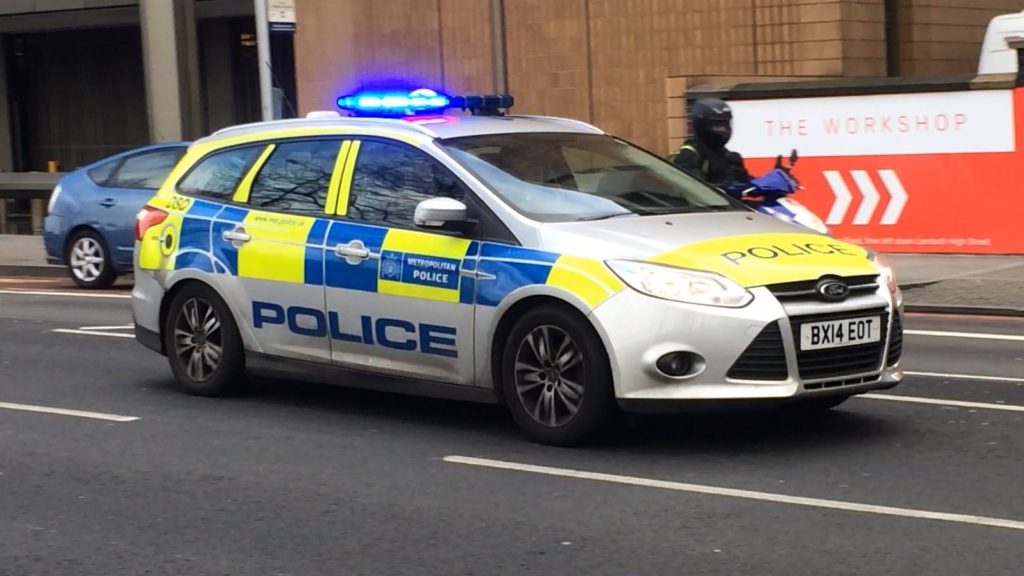University of Birmingham research shows ‘character’ is central to policing

Four fifths of police officers believe character and virtues is central to policing says new study by the University of Birmingham.
University of Birmingham
Polling carried out in January 2021 by Portland Communications on behalf of the University of Birmingham of has found that nearly four fifths (79%) of police officers in the UK believe that character and virtues is a central part of police training, in order to carry out their duties
The survey which was commissioned by the Jubilee Centre for Character and virtues also concluded that 76% of those interviewed agreed that the Covid-19 pandemic has made policing more complicated and challenging. Indeed, 54% of officers have considered quitting their jobs in the last year.
However, the poll of 406 serving officers, mostly police constables, but also of other ranks, from across British police services reported some positive findings for the place of character and virtues in British policing. It found that more than three quarters (78%) of officers agreed that their training equipped them to feel confident responding to the ethical dilemmas that they face at work. Further, participants in the poll reported that honesty and bravery were the two most important virtues to them, personally. Participants also reported that bravery and honesty were the two most important virtues of the ideal police officer.
Despite this congruence between the top two virtues, participants reported some differences between other important virtues. Officers saw fairness, leadership and judgment as the next most important virtues in the ideal police officer. Whilst officers also valued fairness as the third most important personal virtue, it was to a lesser extent (47%) than in the ideal officer (59%). They reported humour and kindness as fourth and fifth most important personal virtues.
In addition to the top five virtues, and across the list of 24 virtues that officers were presented with, they selected intellectual and performance virtues such as leadership, prudence, perspective as important to the ideal officer. Whereas, officers chose moral and intellectual virtues, such as love, humour, kindness and gratitude, as being important personally.
The poll offers a snapshot of the moral challenges that police officers in the UK face and how well equipped they consider themselves to be in facing those challenges. The results reflect the ambivalent and dilemmatic nature of contemporary policing. On the one hand, officers generally considered themselves to possess the most important virtues of their ideal officer, honesty and bravery. They reported to rely on their own moral compass in dealing with problematic situations, and they consider their training to have prepared them well for navigating moral dilemmas at work. However, they acknowledged the increasing challenges and stressors of present-day policing and the prevalence of situations where they have to act against their own moral judgement, to the extent that the majority of respondents have considered quitting their job in the last year.
Professor Kristján Kristjánsson, Deputy Director of the Jubilee Centre, reflected on the poll results: “These findings tell of police officers who are working under heightened pressure and stressors as they police our compliance with government lockdown restrictions. However, it is positive that the vast majority of police officers felt confident that their training has equipped them to respond to the moral aspect of policing. This gives us something to focus on in our work in the Jubilee Centre.”
The survey is the first data to be collected as part of the Jubilee Centre research on Virtues in Policing, which is part of a wider focus on ‘Virtues in the Professions’, which is looking at the place of character and virtues in policing and police science education today.
The sample is broadly representative of the most recent Home Office data on police force demographics.




